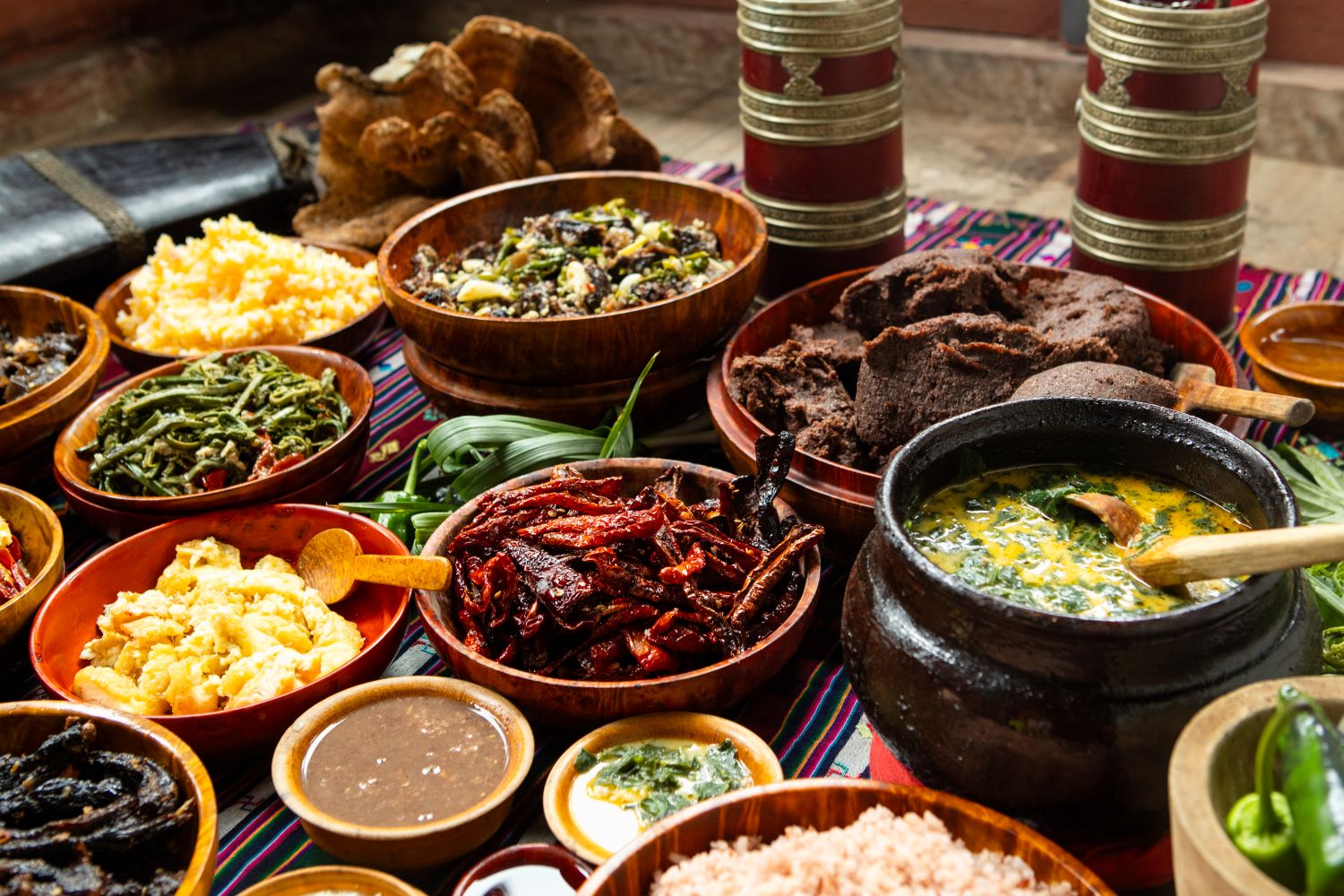


However, as charming as homestays can be, they are not always ideal for everyone. Here are some important things to keep in mind before choosing to stay in one:
While many travelers seek homestays for exclusivity and peace, some hosts may take multiple bookings at once, turning what should be a tranquil, personal experience into a crowded one. This can ruin the very essence of a homestay – which is meant to feel like staying in someone’s home, not a guesthouse.
Many authentic homestays are located far from town centers. Reaching them may involve long drives through winding farm roads, some of which are unpaved or poorly maintained. If you’re not used to rural travel, this can be physically tiring and logistically challenging, especially in bad weather.
Bhutanese homestays often serve delicious, home-cooked meals that are genuinely local. But if you can’t handle spicy food or have dietary restrictions, options can be limited. Unlike hotels, most hosts are not equipped to cater to international tastes or specific dietary needs.
Don’t expect hotel-style service. While most hosts are genuinely warm and welcoming, many are not trained in hospitality. Service can vary greatly, and you may need to adjust your expectations when it comes to things like room cleanliness, punctuality, or attention to detail.
Many homestays lack the comforts you may be used to — such as private bathrooms, central heating, air conditioning, reliable Wi-Fi, or 24-hour hot water. This isn’t a dealbreaker for every traveler, but it’s something to be aware of before booking.
You’re staying in someone’s personal home, so you’ll need to adapt to their way of life — whether that means removing your shoes indoors, eating at a set time, or respecting early quiet hours. This can be enriching for some, but constraining for others.
In rural areas, English is not always widely spoken. This can make it difficult to communicate preferences, ask questions, or resolve issues during your stay.
Unlike hotels where you can retreat to your own space, homestays often involve shared bathrooms, common dining areas, and interactions with the host family. If you value solitude or quiet reflection, this can be a drawback.
While many homestays are clean, hygiene standards are not regulated. Some travelers may find the cleanliness levels too basic, especially if they are used to hotel conditions.
Many homestays are not listed on mainstream booking sites. They may not have websites, and online reviews can be limited or unreliable. Booking through a trusted travel company or guide can help ensure a good experience.
Homestays in Bhutan can be incredibly rewarding — offering a chance to see the country through the eyes of its people. But they are not for everyone. If you are an adaptable traveler, open to rustic comforts, cultural immersion, and unpredictability, then go for it. But if you prioritize convenience, privacy, or specific service standards, a hotel might be the better fit.
Choose wisely, and your time in Bhutan will be all the more enriching for it.
Q: What is the benefit of choosing a homestay over a hotel in Bhutan?
A: Homestays offer an authentic, immersive experience, providing a rare glimpse into local Bhutanese life. You can share meals with a family, participate in farm life, and listen to folk stories by the hearth, creating moments of genuine connection that hotels cannot match.
Q: What are some potential downsides or cautions to consider before booking a homestay?
A: There are several things to be aware of. Some homestays may take multiple bookings at once, leading to a crowded experience. Many are in remote locations with rough, unpaved roads. Food options can be limited, especially if you have dietary restrictions or cannot handle spicy food. Hosts may lack professional hospitality training, and amenities like private bathrooms, reliable Wi-Fi, or central heating may not be available.
Q: Are there cultural adjustments I need to make when staying at a homestay?
A: Yes, you are staying in someone’s personal home and will need to adapt to their way of life. This might involve removing your shoes indoors, eating at a set time, or respecting early quiet hours. This can be an enriching experience for adaptable travelers.
Q: Is privacy a concern at Bhutanese homestays?
A: Yes, homestays often involve shared spaces like bathrooms and dining areas, and interactions with the host family are common. If you highly value solitude and privacy, this could be a drawback.
Q: How can I research and book a homestay in Bhutan?
A: Many homestays are not listed on mainstream booking sites and may lack websites or reliable online reviews. We suggest booking through a trusted travel company.
Q: Are homestays suitable for every type of traveler?
A: Homestays are best for adaptable travelers who are open to rustic comforts, cultural immersion, and some unpredictability. If you prioritize convenience, privacy, or specific service standards, a hotel might be a better fit for your travel style.